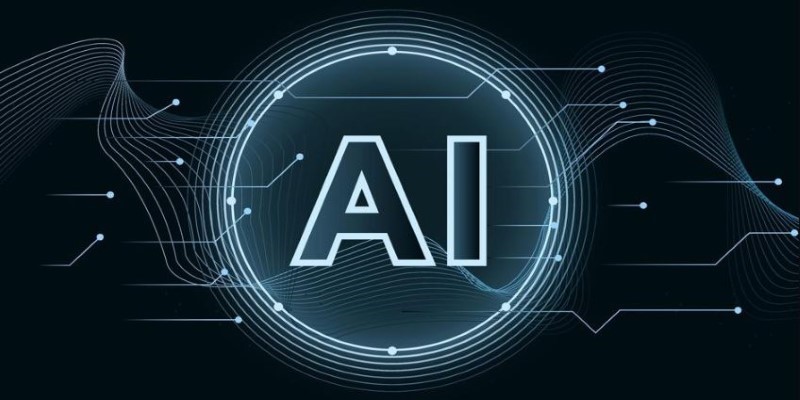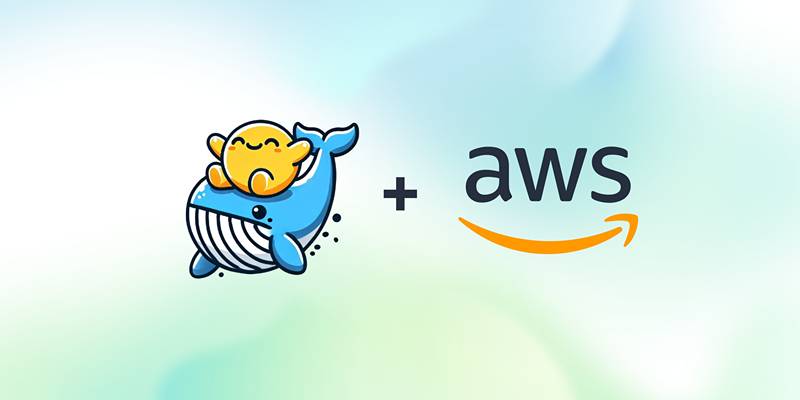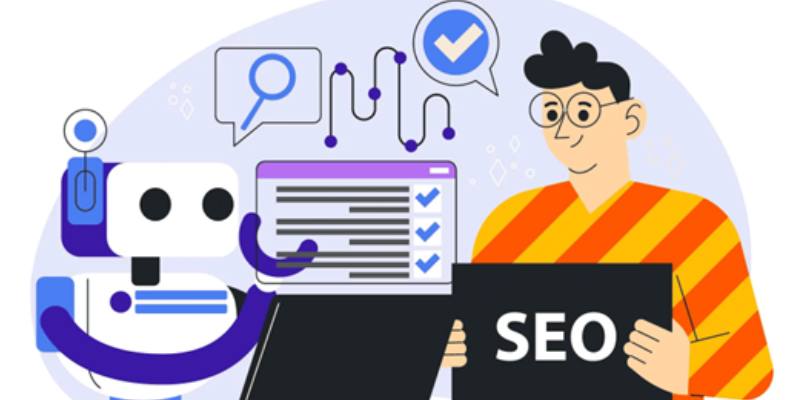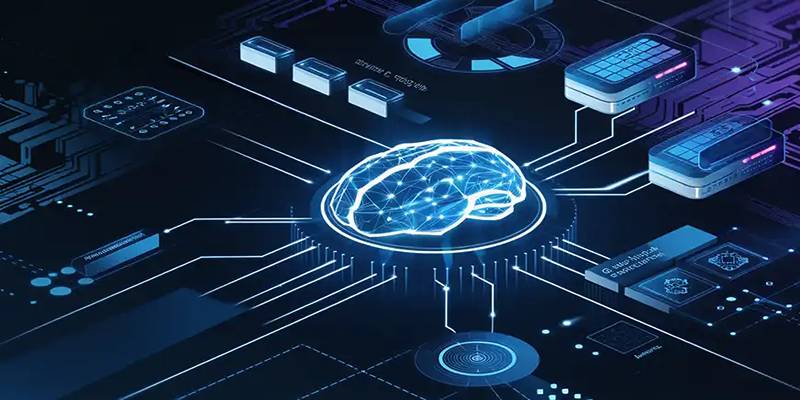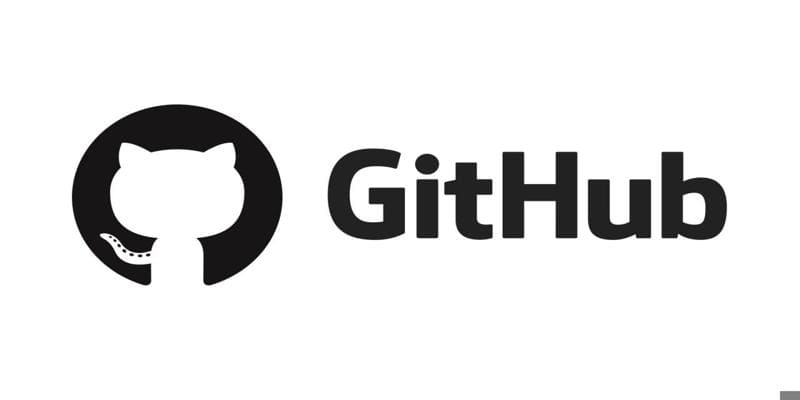In today's fast-paced business world, the need for continuous learning has never been more critical. Traditional corporate training programs often miss the mark, failing to address individual employee needs or adapting to fast-evolving skill demands. This is where AI steps in, transforming training into a personalized experience tailored to each employee's strengths, weaknesses, and learning style.
By leveraging AI technology, businesses can offer upskilling programs that enhance skills and keep employees engaged and motivated. As organizations strive for greater efficiency and innovation, AI-powered training is quickly becoming the key to unlocking a smarter, more capable workforce.
The Shift Towards Personalized Learning in Corporate Training
Historically, corporate training programs have relied on one-size-fits-all approaches that often fail to address the specific needs of individual employees. These programs might offer general skills development, but they don’t account for varying levels of expertise, learning preferences, or job-specific requirements. AI, however, enables businesses to move beyond this outdated model by offering personalized learning experiences.
With AI being used in corporate training, organizations can now evaluate every employee's strengths, weaknesses, and learning styles. Through the analysis of performance data, work history, and even personality, AI can help develop a customized learning pathway for every individual. With this tailored learning, employees are not presented with information that is not useful to them and instead see training that directly benefits their profession and long-term career goals.
How AI Powers Personalized Upskilling Programs?
AI's capacity to design highly customized training programs stems from its data processing and machine learning capabilities. Through the analysis of large datasets, AI can detect patterns and trends that may not be readily visible to human trainers. This enables AI to suggest the most suitable courses, resources, and content for each employee based on their existing skill set and future potential.
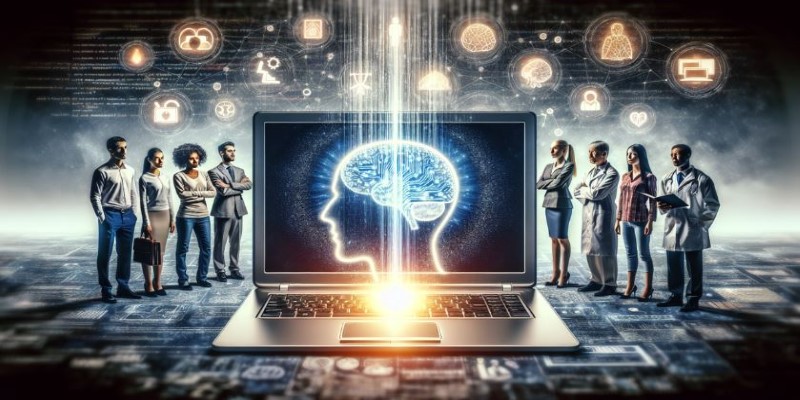
AI-driven learning platforms can also adapt in real-time, adjusting the difficulty of training materials as employees progress through their upskilling journey. For example, if an employee excels in a particular area, the system can introduce more advanced content to challenge them. On the other hand, if an employee struggles with a specific concept, AI can provide additional resources or offer refresher courses to help them master the material.
Moreover, AI-powered platforms can offer a wide range of learning formats, including videos, quizzes, interactive simulations, and even virtual reality (VR) environments. This variety allows employees to choose the learning methods that suit them best, increasing engagement and retention. Whether an employee prefers reading articles, watching instructional videos, or participating in hands-on exercises, AI can provide the right resources for their needs.
Benefits of AI-Driven Personalized Upskilling Programs
The integration of AI in corporate training comes with several key advantages, particularly in the realm of personalized upskilling.
Improved Learning Outcomes
AI-driven personalized learning enhances retention by tailoring training to individual needs. Employees focus on areas requiring improvement rather than mastering content they already know. This targeted approach allows employees to progress at their own pace, resulting in more efficient skill development and faster mastery of necessary competencies.
Enhanced Employee Engagement
AI-powered upskilling programs offer relevant content aligned with an employee's role and career goals, boosting engagement and motivation. When employees see how training directly impacts their career advancement, they’re more likely to commit to their development. This fosters ownership and deeper involvement in the learning process.
Cost and Time Efficiency
AI streamlines training by automating processes, reducing the need for manual oversight. It tracks progress, suggests learning modules, and provides instant feedback, allowing companies to scale training efforts without increasing costs. This efficiency also minimizes time spent on unnecessary content, helping employees focus on the skill-building that matters most.
Scalability and Flexibility
AI-powered training platforms can support large numbers of employees, regardless of location, making them ideal for global or remote teams. AI also adapts to various time zones, allowing employees to learn at their convenience. Additionally, training programs can quickly evolve with business needs, ensuring up-to-date skills in rapidly changing industries.

In addition, AI’s flexibility allows training programs to evolve as business needs change. As industries and technologies continue to advance, AI can quickly update training content to reflect the latest trends, ensuring that employees are always learning the most up-to-date skills.
Overcoming Challenges with AI in Corporate Training
While AI has tremendous potential to revolutionize corporate training, businesses must also address challenges to ensure successful implementation. One of the primary concerns is the potential for bias in AI algorithms. If the data used to train AI systems is biased or incomplete, it could lead to unfair training recommendations. To mitigate this risk, companies should ensure that their AI platforms are regularly audited and updated to ensure fairness and accuracy.
Another challenge is the initial investment required to implement AI-driven training solutions. While these platforms can offer long-term cost savings, the upfront costs can be significant. Businesses should carefully assess the return on investment (ROI) before committing to AI-powered training programs.
Lastly, there is the issue of employee acceptance. Some employees may be skeptical about AI's role in their training and development. Companies should communicate the benefits of AI in corporate training clearly and provide adequate support to help employees navigate the new system. Transparency and training on how to use AI tools will help ease any concerns and ensure smooth adoption.
Conclusion
AI is reshaping corporate training by enabling personalized upskilling programs tailored to individual needs. With benefits like improved learning outcomes, enhanced engagement, and cost efficiency, AI offers scalable solutions for modern businesses. While challenges like bias and employee acceptance remain, the advantages of AI in fostering a dynamic, skilled workforce far outweigh the hurdles. As AI technology advances, its role in employee development will continue to grow, ensuring companies remain competitive in an evolving landscape.

